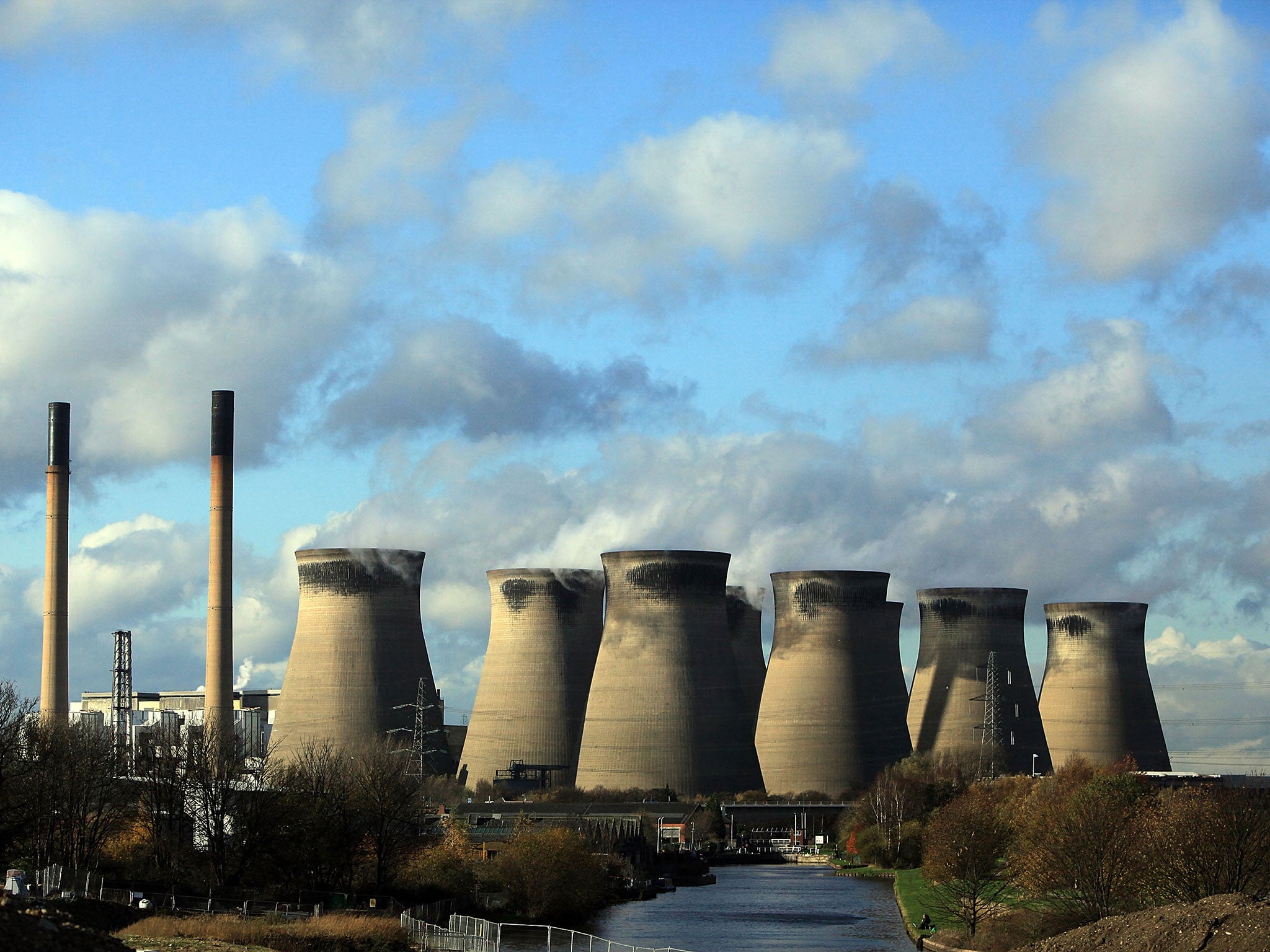Ferrybridge C: Experts call for more clean energy as landmark UK coal-fired power station closes
The station near Knottingley in Yorkshire employed around 400 workers

Your support helps us to tell the story
From reproductive rights to climate change to Big Tech, The Independent is on the ground when the story is developing. Whether it's investigating the financials of Elon Musk's pro-Trump PAC or producing our latest documentary, 'The A Word', which shines a light on the American women fighting for reproductive rights, we know how important it is to parse out the facts from the messaging.
At such a critical moment in US history, we need reporters on the ground. Your donation allows us to keep sending journalists to speak to both sides of the story.
The Independent is trusted by Americans across the entire political spectrum. And unlike many other quality news outlets, we choose not to lock Americans out of our reporting and analysis with paywalls. We believe quality journalism should be available to everyone, paid for by those who can afford it.
Your support makes all the difference.Experts have played down fears of the lights going out in Britain as another landmark coal-fired power station closed its doors.
The Ferrybridge C station employed more than 800 men at its peak in the 1970s and around 400 workers were still employed there until recently.
The fate of the plant, near Knottingley in Yorkshire, was announced by owners SSE in May last year and it last produced electricity on 23 March.
It follows the closure in December of Kellingley Colliery, Britain’s last deep-coal mine, just a few miles down the road.
Longannet coal plant in Scotland also ceased operations last week as costs and a shift to cleaner energy make ageing coal power stations unprofitable.
Three out of four units at Fiddlers Ferry power station, Cheshire, were expected to shut down, but are now staying on-line after securing a one-year contract from National Grid.
Eggborough power station in East Yorkshire, was also set to close, but has secured a contract with National Grid to provide extra capacity from two of its four units.
Rugeley coal plant in Staffordshire is expected to shut down in early summer, meaning significant amounts of capacity will be lost.
Michael Grubb, professor of energy and climate change police at University College London, said: “The system has the greatest risk of supply stress this winter.
“I don’t think the lights will go out for any domestic customers, but there are other things that might have to be done.”
Greenpeace UK chief scientist Dr Doug Parr said: “The UK Government has taken the right approach by announcing a coal phase-out, but they forgot about the other half of the job.
“What Britain badly needs are clear, robust policies to drive more investment in clean energy and power-saving technologies.”
Join our commenting forum
Join thought-provoking conversations, follow other Independent readers and see their replies
Comments